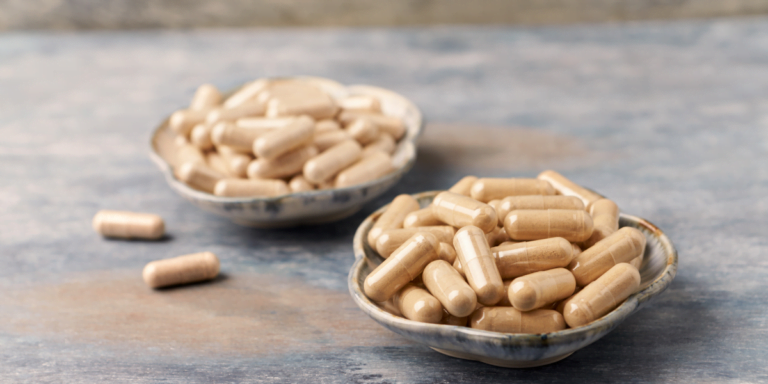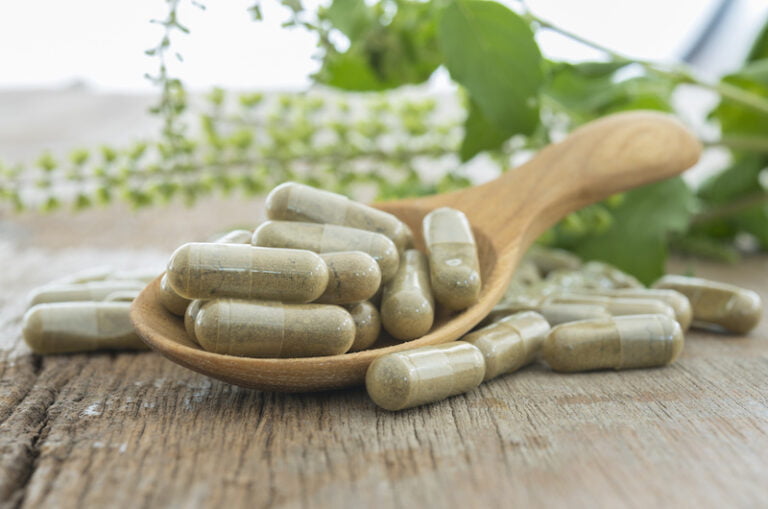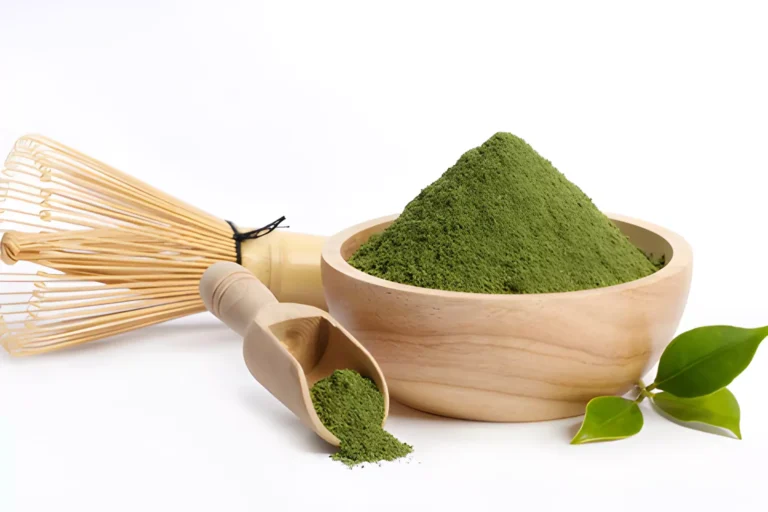10 Incredible Health Benefits of Basil Seeds (Sabja Seeds)
Basil seeds, also known as sabja seeds, are a nutritional powerhouse. These tiny black seeds contain fiber, protein, healthy fats, vitamins, minerals, and antioxidants. They can be consumed in various ways, including drinks, smoothies, falooda, and sharbat. While most people use the seeds only for taste and their textures, they need to be made aware of the basil seed benefits.
In this article, we will explore 10 incredible health benefits of basil seeds backed by scientific evidence. We will also provide tips on consuming basil seeds to reap their maximum benefits.
So whether you want to improve your gut health, lose weight, or boost your immunity, basil seeds can help you achieve your health goals. So, keep reading to learn more about these fantastic seeds!
What are Basil Seeds?
Basil seeds, also known as sabja seeds, tukmaria seeds, or falooda seeds, are tiny, black seeds from the sweet basil plant. They are native to India and Southeast Asia. Still, they are now becoming famous worldwide due to their many health benefits.
The seeds are high in fiber, protein, and healthy fats. They also contain various vitamins and minerals, including iron, calcium, magnesium, and potassium. Basil seeds are also a good source of antioxidants.
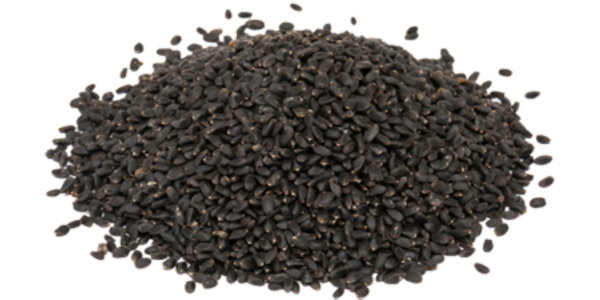
When soaked in water, basil seeds swell up and become gelatinous. This gives them a unique texture and makes them a popular ingredient in drinks, desserts, and other dishes.
Basil Seed Nutrition Composition
Basil seeds contain nutrients, including fiber, protein, omega-3 fatty acids, antioxidants, and minerals. They are also low in calories and carbohydrates. The nutritional composition of basil seeds varies depending on the variety, growing conditions, harvesting time, processing methods, and storage conditions.
Here is the nutrition value of one tablespoon of basil seed (13 grams) as per USDA:
- Calories: 57.5
- Fat: 2.5 grams
- Protein: 3 grams
- Fiber: 3.5 grams
- Net carbs: 1 gram
Potential Health Benefits of Sabja Seeds (Basil Seeds)
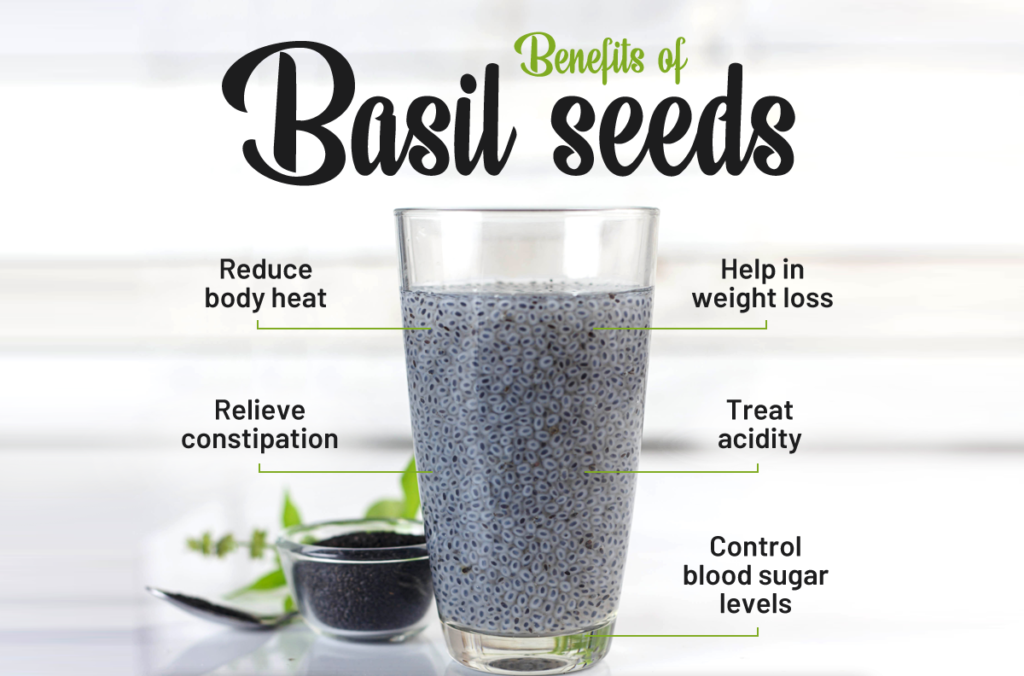
1. Aids Weight Loss
Basil seeds are high in fiber, which can help you feel full and satisfied after eating. This can help you eat fewer calories and lose weight. Additionally, basil seeds contain omega-3 fatty acids, which have been shown to boost metabolism and promote weight loss.
2. Controls Blood Sugar
Basil seeds can help to control blood sugar levels by slowing down the digestion of carbohydrates. This can help to prevent blood sugar spikes and crashes. Additionally, basil seeds contain chromium, a mineral that helps to improve insulin sensitivity.
3. Relieves Constipation
Basil seeds are rich in soluble fiber, which helps to bulk up stool and make it easier to pass. This can help to relieve constipation and other digestive problems.
4. Boosts Immunity
Basil seeds contain antioxidants, which can help to protect the body from damage caused by free radicals. Free radicals are unstable molecules that can damage cells and lead to disease. Antioxidants can help to neutralize free radicals and protect the body from disease.
5. Improves Heart Health
Basil seeds are a good source of omega-3 fatty acids, which have been shown to improve heart health by reducing inflammation and cholesterol levels. Additionally, basil seeds contain potassium, a mineral that helps to regulate blood pressure.
6. Relieves Stress
Basil seeds contain compounds that have calming and relaxing effects. This can help to relieve stress and anxiety.
7. Treats Acidity and Digestive Health
Basil seeds have a soothing effect on the digestive system. They can help to treat acidity, heartburn, and other digestive problems.
8. Skin and Hair Health
Due to the antioxidants and vitamins, basil can help to improve skin and hair health. The antioxidants in basil seeds can help to protect the skin from damage caused by free radicals. The vitamins in basil seeds can help to promote hair growth and prevent hair loss.
9. Improves Eyesight
Basil seeds are a good source of vitamin A, essential for good eyesight. Vitamin A helps to protect the cornea and retina of the eye.
10. Cures Cough
Basil seeds have anti-inflammatory and antimicrobial properties, which can help to cure cough. Basil seeds can also help to soothe the throat and reduce irritation.
How to Use Sabja Seeds in Your Diet
Basil seeds can be consumed in a variety of ways. They can be eaten raw, soaked in water or milk, or added to smoothies, yogurt, oatmeal, and other dishes. Basil seeds can also be ground into a powder and used in baking or cooking.
To soak basil seeds, add them to a bowl of water or milk and let them sit for 30-60 minutes. The seeds will swell up and become gelatinous. Soaked basil seeds can be eaten on their own or added to other dishes. Basil seeds can also make basil seed drinks, such as falooda and sharbat.
Here are some ideas for how to use basil seeds in your diet:
- Add basil seeds to your morning oatmeal or yogurt.
- Make a basil seed smoothie by blending basil seeds, milk, and fruit.
- Add basil seeds to your favorite soup or stew recipe.
- Use basil seeds as a topping for salads or desserts.
- Make a basil seed pudding by combining basil seeds, milk, and honey.
Side Effects of Basil Seeds
Basil seeds are generally safe for most people to consume. However, there are a few potential side effects to be aware of.
Basil seeds can cause digestive side effects such as bloating and gas, especially if eaten in large quantities. It is crucial to start with a small amount and gradually increase your intake.
Basil seeds can also interact with certain medications, such as blood thinners. If you are taking any medications, talk to your doctor before consuming basil seeds.
FAQs
Conclusion
Basil seeds are a nutrient-dense food that offers a variety of health benefits. They are easy to add to your diet and can be enjoyed in many ways. You can use the basil seeds for weight loss or to boost your digestive health. So, If you are looking for a healthy and delicious way to improve your health, consider adding basil seeds to your diet.

